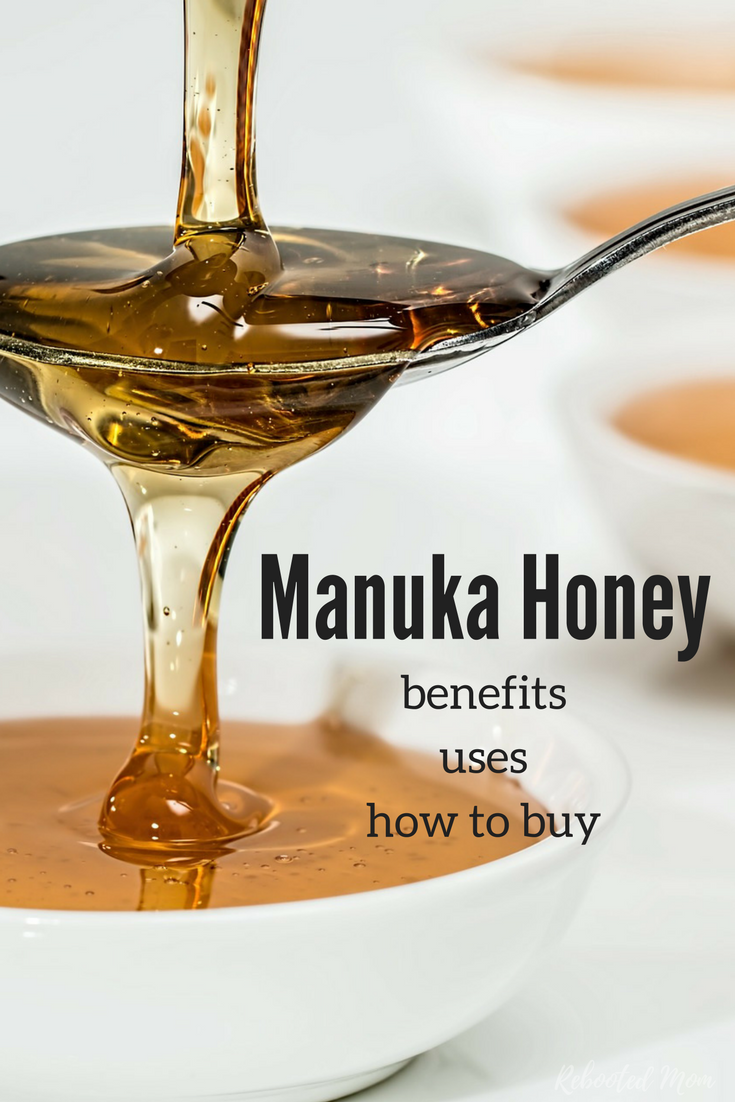
Manuka honey, produced in New Zealand, is one of the most powerful forms of honey in the entire world.
The honey is produced by bees that pollinate the Manuka bush – it has historically dated back thousands of years as a use for everything from staph infections to oral health, digestive issues and sore throats. It’s used in our home for gut health and has been for the last few years.
This jar of honey travels with us on road trips and is an essential in our natural medicine cabinet.
History of Honey
When archaeologists excavated the tombs of Egyptian royals from thousands of years ago, they actually found unspoiled honey in pots. In Biblical times, the promised land was known as the “land flowing with milk and honey” – and since then, many cultures across the world have used honey as a source of healing for various ailments.
Honey of today isn’t what it used to be – much like milk, not all honey is created to be the same. There are hundreds of varieties of honey out on the market today.. but in the end, honey breaks down into these two categories:
- Farming: organic and regular honey
- Processing: raw honey and processed honey
(Find out how each of those differs by heading here.)
Most of the honey you find in grocery stores or supermarkets is nothing more than poor quality honey – to find good quality honey, you’ll want to visit your farmers market, co-op or health food store. You get what you pay for with honey… and a really good, high quality honey will not be very low at all in price.
What is Manuka Honey?
Manuka honey is 4 times as dense in nutrients and healing properties than any other honey of it’s type. When using honey, it’s always best to use honey that’s specific to your local area – but supplementing with Manuka is always a good idea especially if you struggle with any of the issues below.
In the early 1980’s, Manuka was discovered to have a noticeably greater level of enzymes than regular honey. Those enzymes create a natural form of hydrogen peroxide that serves as an antibacterial – with properties that aren’t common in other types of honey.
These extra enzymes are referred to as the Unique Manuka Factor (UMF) – which is nothing more than a global standard that helps to both identify and measure the antibacterial strength of Manuka. The UMF also guarantees that the honey contains medicinal qualities.
Having both this natural hydrogen peroxide quality in addition to the natural UMF that that combine together to make it incredibly effective.
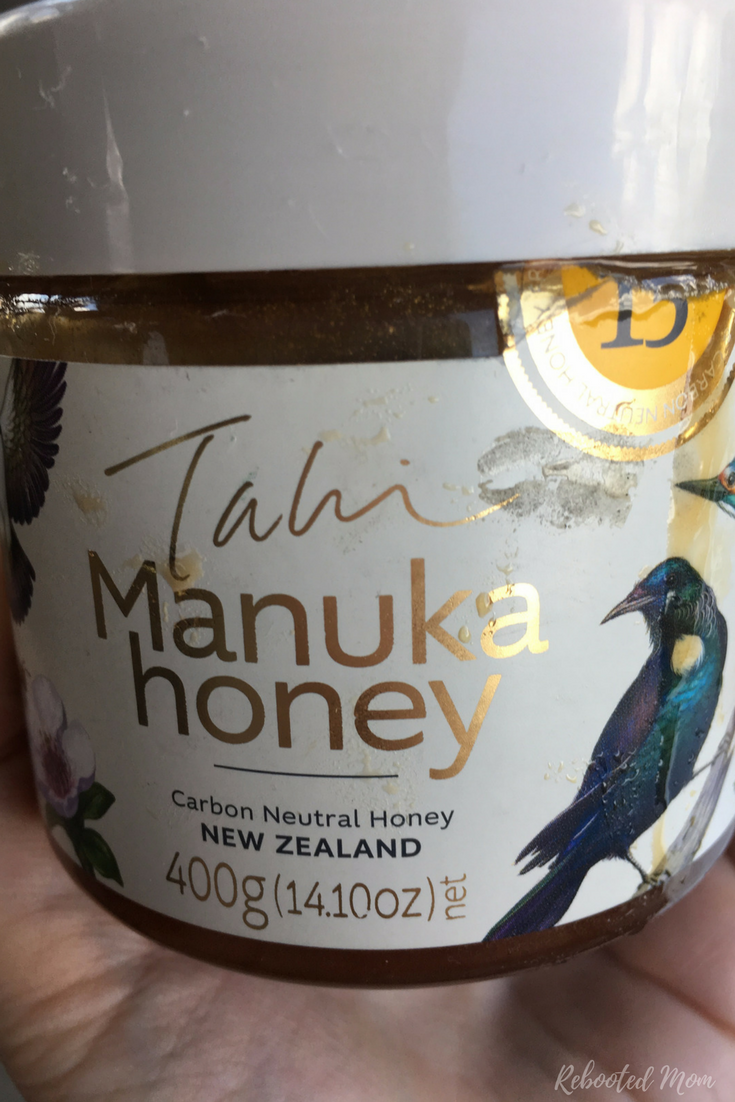
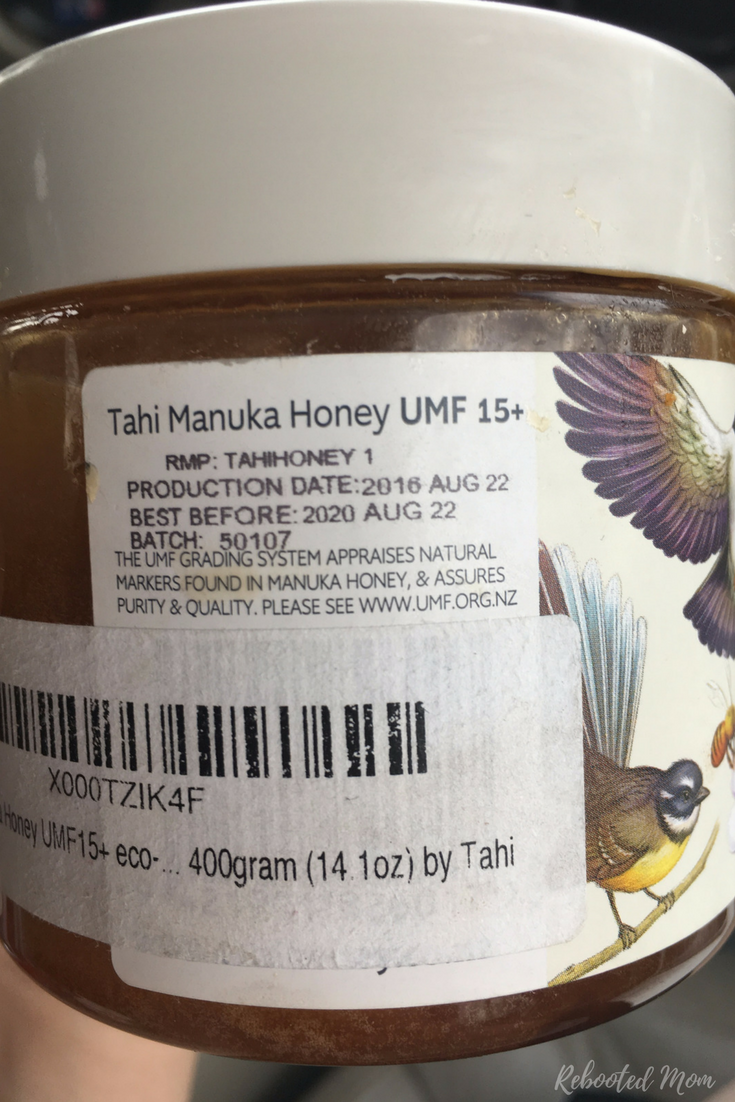
How to find the Best Manuka Honey
You can find many varieties of Manuka Honey .. but it’s hard to know what brands are more superior than others. Purchasing Manuka honey requires you to be familiar with several different factors
Manuka honey UMF 5: Available online, but not beneficial unless it carries a UMF 10+, considered non-therapeutic
Manuka honey UMF 10+: Available online, useful level of antibacterial activity, considered therapeutic
Manuka honey UMF 15+: Available online, super quality of antibacterial activity, considered therapeutic, recommended no more than 1 Tbsp at any given time. (we use Tahi Manuka Honey – find HERE)
Here’s a guide to use when looking for a superior, genuine, UMF Manuka honey:
- It will have the UMF company’s name on the label
- It will have the UMF license number somewhere on the label
- The container will be clearly marked with the UMF trademark on the container – typically in the front
- The UMF Manuka honey will be from a licensed UMF company in New Zealand
- The UMF Manuka honey will have a rating that ranges anywhere from 5-16+ – level 5 is much less superior (and in some cases may not be worth picking up) while UMF of 15+ is much higher in quality
- The UMF rating is a test that reflects the performance of the honey to a disinfectant (phenol) – showing it’s effectiveness against resistant bacteria.
Using Manuka Honey
Because of it’s superior health and antimicrobial qualities, Manuka can be used for any of the following:
Supports SIBO, low stomach acid: Manuka has strong microbial properties, enzymes and nutrients – it’s commonly used for supporting the body’s issues with bacterial overgrowth (SIBO) – in fact, this is one of the reasons we keep Manuka in our natural medicine cabinet.
My husband struggled with SIBO for quite a long time after returning from military deployment, and 9 years later, finds Manuka to be incredibly effective in helping him deal with SIBO on a day to day basis.
It’s very effective against bad bacteria (H pylori), as it helps to create natural stomach acid. It’s effective for people that suffer for digestive issues (SIBO), and ulcers. If using for this reason, you will want to aim for a Manuka honey that has a UMF of 15+, and never take 1 Tbsp at a time – either by mouth or in a beverage or other foods.
Colds and flu, seasonal allergies: Honey that is local to your area is the most effective against seasonal allergies, but if you can combine with Manuka you will get a little added resistance. Use Manuka honey in your tea if you are struggling with the cold, flu or sore throat – you can opt to take 1 Tbsp once each day or split up into smaller teaspoon servings as needed.
For skin: Use Manuka honey to treat various skin issues – eczema to acne, and dry skin patches or even blemishes. It can be used as a topical treatment by applying directly on the skin or, combining with shea butter as a base, and using tea tree essential oil and Manuka (just a few drops per ounce).
Tooth decay and gingivitis: Believe it or not, Manuka can help against tooth decay and gingivitis due to it’s antimicrobial properties. This study done in New Zealand showed quite a significant reduction in bleeding sites from people who used Manuka regularly.
Sore throat and struggling immune system: Manuka has been shown to stop the growth of sore throat bacteria we known as strep. The best avenue to helping strep throat is to take a single Tbsp of Manuka honey each day when you don’t feel well.
Have you tried Manuka honey?
What’s your favorite way to use Manuka honey?
Resources and further reading:
Manuka Honey MGO UMF Ratings Compared
Organic honey vs. regular honey

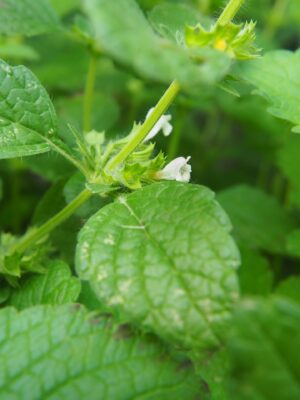

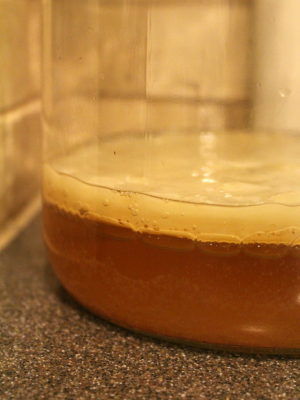
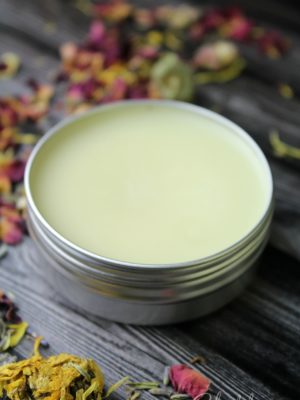
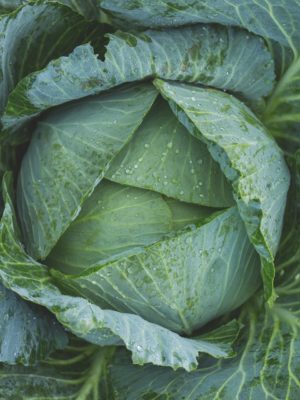

[…] Manuka Honey (Benefits, Uses and How to Buy) […]